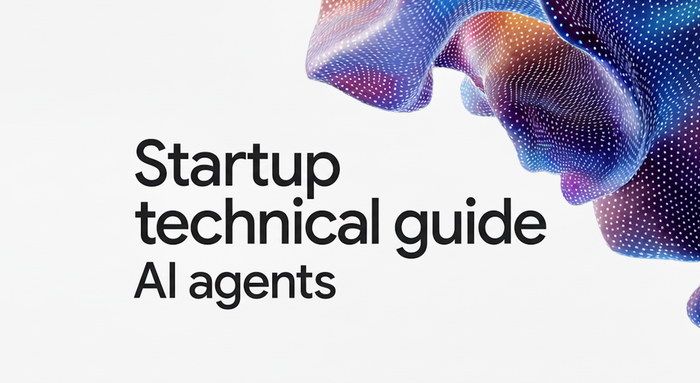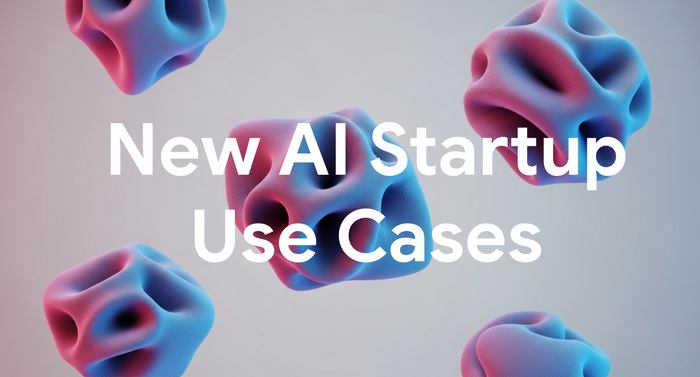Surfboard Payments app delivers next-generation checkout experiences for merchants of any size
Christopher Lindfeldt
Founder and CEO, Surfboard Payments
One of the main challenges entrepreneurs face—from small merchants selling at weekly farmer’s markets to local retailers looking to become the next big brand—is handling customer payments. According to VISA, there are more than 180 million underserved micro merchants across the globe. We founded Surfboard Payments and developed our Surfpay app to provide micro merchants everywhere with an accessible, secure solution to start selling in minutes using an Android smartphone as a payment terminal for contactless card payments.
We are excited to launch our Surfpay app with a number of micro merchants later this year in Europe. We know that there are a lot of opportunities to empower entrepreneurs, many of whom can only accept cash payments today. Our goal is to make it easier for taxi drivers, café owners, pop-up retailers, and countless others living their passion of running their own business. Download our app, and any merchant can start accepting secure electronic payments in minutes. No special hardware is required, and transaction fees are comparatively low.
Surfboard Payments card acceptance occurs through NFC payments, wireless data transfers that allow smartphones, tablets, and other devices to share data when in proximity.
Building on the core technology of the Surfpay app, we will also launch a product segment called Embedded Payments to accommodate larger merchants. The white-label solution is available for phones and tablets either with PIN on Glass technology or with a separate Secure Card Reader in connection to the tablet. Embedded Payments replicates the experience of an online checkout in-store where end-users can choose among a range of payment methods and data is utilized to increase loyalty and run campaigns and marketing on the consumer facing screens.
Developer-focused, scalable platform
When we decided on a platform, we selected Google Cloud because it is readily accessible, easy to get started and work with and familiar to our development teams in Europe and India, as well as proven and highly scalable—all of which are essential properties for us as we build our business quickly. We also felt confident in GC compliance and security.
We are excited about the opportunities ahead as we build technology that can scale beyond micro-merchants to retail stores that still use old-school payment terminals. We endeavor to change in-person shopping to create engaging experiences for salespeople and customers alike, no matter where customers are.
By replacing the payment terminal with a tablet or smartphone, retailers have more options to reduce customer wait times, provide convenient and fast transactions from anywhere, add payment methods, loyalty programs, and much more.
Business built on Google Cloud
Our team relies on Firebase to build product prototypes quickly. We use both the Firebase Realtime Database and the Cloud Firestore NoSQL document database. Firebase Test Lab also plays an important role in our mobile testing pipeline.
We continually refine our environment. Surfpay uses Google Kubernetes Engine behind the scenes and this enables us to build great apps and also provides us the flexibility to scale as needed.
We use Google Cloud Armor network security as the first layer to protect our GCP workloads. To maximize security, we have designed our architecture to receive all requests through a single-entry point, visible on the public internet and protected by Cloud Armor. All requests into the site come through this entry point called the Surfboard gateway, which secures access to the microservices. We have a number of microservices connected through an event bus.
We use a cloud-hosted hardware security module service, Google Cloud HSM, to host encryption keys and provide hardware backed encryption and decryption. We also use Google Cloud Secret Manager to manage all the keys and help secure systems against unauthorized access.
Currently, we use Cloud SQL as the primary database solution. We plan to use BigQuery to support more advanced analytics that will improve service delivery and inform future product development.
Further innovation in the works
In addition to BigQuery, there are several products that we want to use long term. Google Cloud AutoML, which is easy to use, even for developers with limited ML experience, will run ML models to identify customer segments and provide added value to the micro-merchants we serve.
Google Cloud makes a lot of our work much more manageable and helps us to upgrade to more customized tiers as we grow. For example, our progression to Kubernetes has been from initially using Cloud Run, an entirely managed solution. Currently we are planning to go from GKE into Anthos to operate multi-cloud environments.
We also plan to add Dialogflow for AI-supported customer conversations and virtual agents for 24/7 customer support.
From a business perspective, we have submitted an application to the Swedish Financial Supervisory Authority (“SFSA”) to become an electronic money institution next year. This means we will undergo strict evaluation and continuous monitoring. The application process required documentation from Google in the form of a financial services addendum to the existing contract. The addendum governs Google’s obligations in terms of compliance and information in order to support Surfboard Payments in maintaining regulatory compliance and reporting to the SFSA.
We’re thrilled that we are opening opportunities for entire communities of previously underserved entrepreneurs. By downloading our Surfpay app, entrepreneurs anywhere can accept card payments and begin realizing their dreams for financial independence.
For us, this is just the beginning. The same secure, accessible Surfpay app technology that offers ease, savings, and convenience for small merchants can also address the needs of much larger retailers through our white-label solutions. What matters is building payment apps with scale, security, and performance in mind—all things supported by our strong partnership with Google Cloud.
If you want to learn more about how Google Cloud can help your startup, visit our page here to get more information about our program, and sign up for our communications to get a look at our community activities, digital events, special offers, and more.



